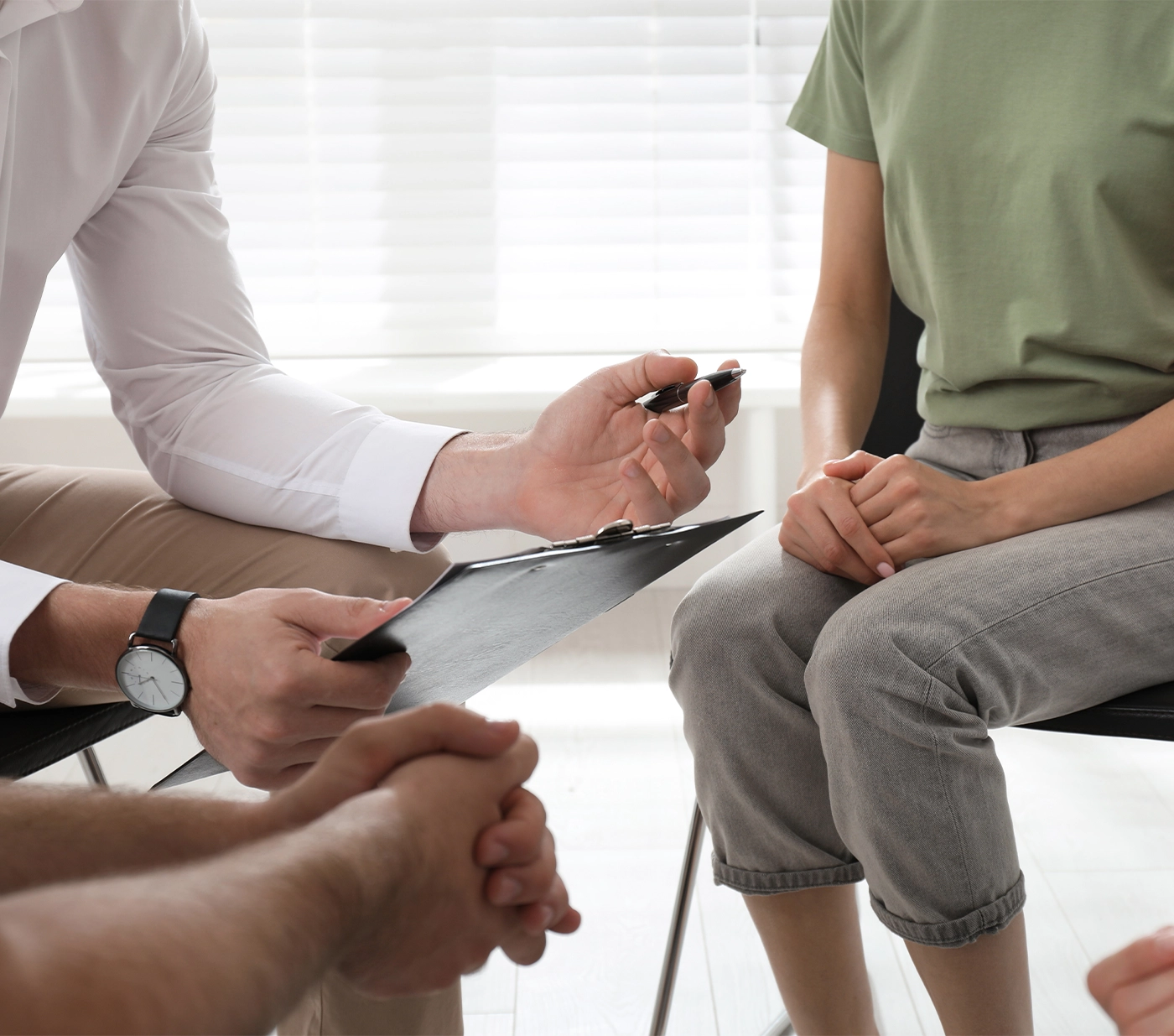Opioid Drug Addiction Treatment
At Thrive Medical, we provide comprehensive opioid drug addiction treatment tailored to support your recovery journey. Our experienced healthcare professionals understand the complexities of opioid use disorder and offer effective treatment options designed to reduce a person’s withdrawal symptoms, manage cravings, and improve overall well-being.





